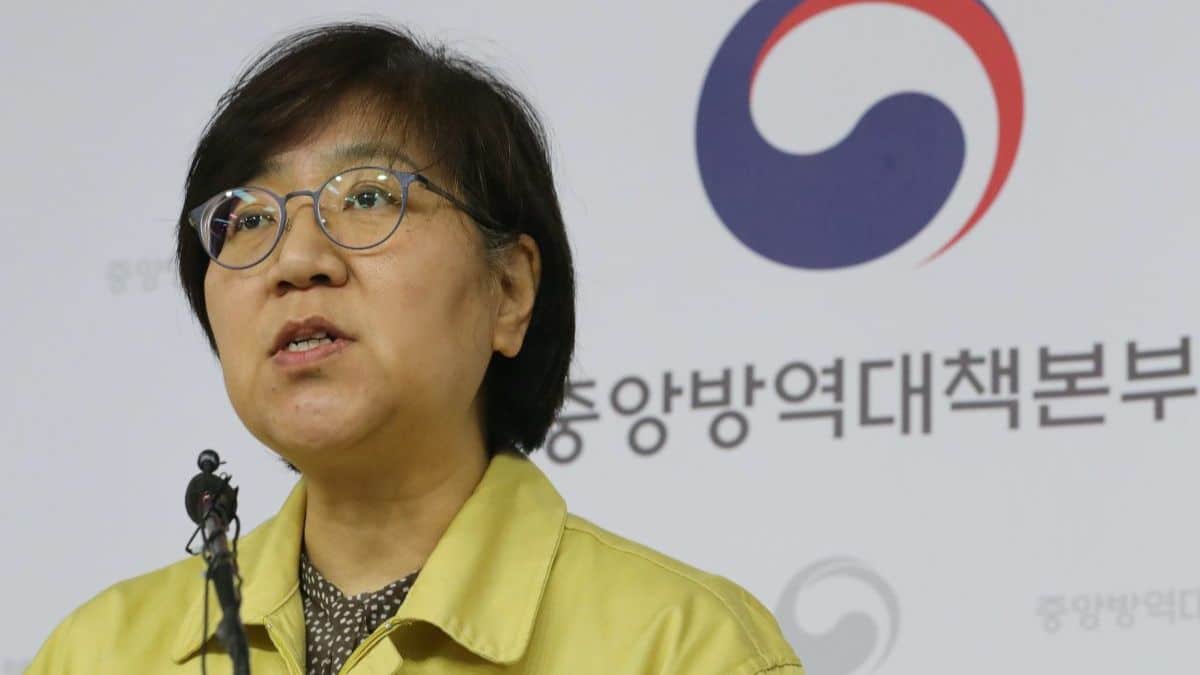Liberal Democratic Party (DP) announced its intention to impeach Lee Jin-sook, the newly appointed chief of the Korea Communications Commission (KCC), just hours after she assumed her role on Wednesday. This development marks another chapter in the ongoing conflict over media control between the ruling administration and the opposition.
Lee Jin-sook, a seasoned journalist and former public relations director at MBC, was appointed by President Yoon Suk Yeol following the resignation of Kim Hong-il, who stepped down amidst threats of impeachment. The DP, which holds a majority in the National Assembly, has raised concerns about Lee’s appointment process and the potential impact on the independence of the KCC, a body crucial for regulating South Korea’s broadcasting industry.
The DP’s move to impeach Lee is rooted in allegations that her appointment is part of a broader strategy by President Yoon to exert influence over public broadcasters. This accusation stems from the ongoing friction between Yoon’s administration and MBC, following a controversial report involving the president in 2022. The DP fears that Lee may realign the KCC to favour the government’s stance, thereby undermining media neutrality.
The KCC, designed to be an independent body, has faced criticism for its decision-making process, which currently involves only two commissioners due to delayed appointments. The DP argues that the president has intentionally stalled the appointment of new commissioners critical of government policies, thereby compromising the KCC’s integrity.
Lee has vowed to maintain the KCC’s neutrality and restore public trust. She stated that her predecessors did not engage in illegal activities and called for the appointment of standing commissioners to fill the vacant posts.
The DP’s planned impeachment underscores the heightened political tensions surrounding media control in South Korea. As the KCC plays a pivotal role in shaping broadcasting policies, the outcome of this political struggle will have significant implications for the future of media regulation and freedom in the country.

